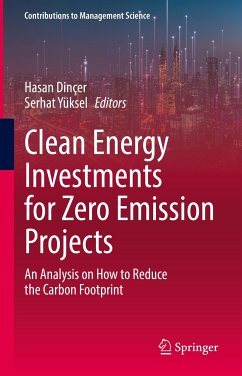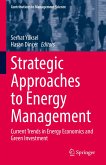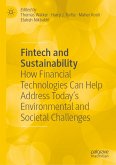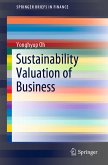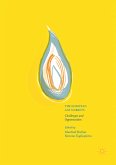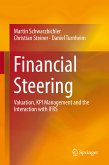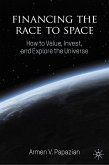This contributed volume analyses and discusses how atmospheric carbon emissions can be prevented using carbon capture and removal technology and how renewable energies can be used to reduce carbon emissions. Both approaches have their disadvantages. First of all, both involve high costs. Secondly, both require the use of advanced technology. As a result, many countries continue to use fossil fuels. The book seeks to address these problems by identifying strategies to increase countries' use of clean energy. The authors discuss the dilemmas of zero emission and competition in the energy industry and illustrate cross-country applications of the current trends in the form of zero-emission business projects.
Dieser Download kann aus rechtlichen Gründen nur mit Rechnungsadresse in A, B, BG, CY, CZ, D, DK, EW, E, FIN, F, GR, HR, H, IRL, I, LT, L, LR, M, NL, PL, P, R, S, SLO, SK ausgeliefert werden.

